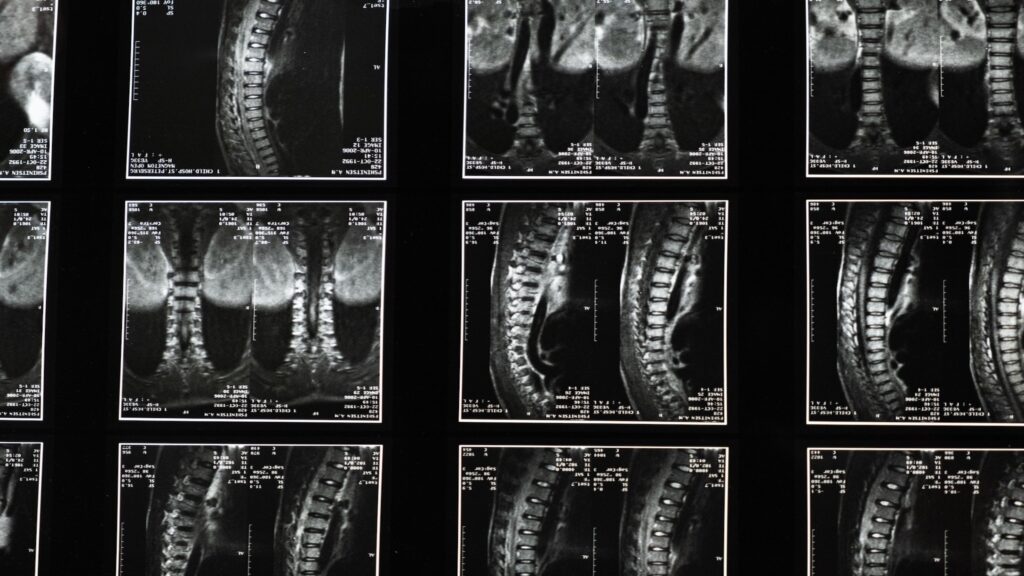
People taking oral steroids are twice as likely as the general population to have severe vitamin D deficiency, according to a study of more than 31,000 children and adults by scientists at Albert Einstein College of Medicine of Yeshiva University. Their findings, in the September 28 online edition of The Journal of Clinical Endocrinology and Metabolism, suggest that physicians should more diligently monitor vitamin D levels in patients being treated with oral steroids.
“When doctors write that prescription for steroids and they’re sending the patients for lab tests, they should also get the vitamin D level measured,” said study lead author Amy Skversky, M.D., M.S., assistant professor of pediatrics at Einstein and Montefiore Medical Center, the University Hospital for Einstein.
The severe vitamin D deficiency assessed in this study (defined as levels below 10 nanograms per milliliter of blood) is known to be associated with osteomalacia (softening of the bones), rickets (softening of bones in children) and clinical myopathy (muscle weakness). While there is much debate on the issue, vitamin D levels between 20 and 50 ng/ml are generally considered adequate for bone and overall health in healthy individuals. Steroids have been shown to cause vitamin D deficiency, possibly by increasing levels of an enzyme that inactivates the vitamin.
Smaller studies involving people often prescribed steroids (i.e., children with asthma and patients with Crohn’s disease and lupus) have found significantly reduced vitamin D levels in these patients. To further assess this association between steroid use and vitamin D levels, the Einstein researchers carried out the first-ever study of a large, nationally representative sample of people.
The researchers examined data collected from participants who had participated in the National Health and Nutrition Examination Survey 2001-2006. About one percent of the participants answered “yes” when asked if they had used oral steroids during the previous 30 days.
Eleven percent of the self-reported steroid users had severely low vitamin D levels compared with a severe vitamin D deficiency of 5 percent for people not taking steroids — a two-fold increased risk for severe vitamin D deficiency. The risk was particularly pronounced for steroid users under 18, who were 14 times more likely to have a severe vitamin D deficiency compared with young non-steroid users. (Participants who reported using inhaled steroids were not included in the steroid-user group.)
 Vitamin D twice a day may keep vertigo away
Vitamin D twice a day may keep vertigo away Sunlight exposure guidelines may need to be revised
Sunlight exposure guidelines may need to be revised Immune-boosting role of vitamins D, C, E, zinc, selenium and omega-3 fatty acids: Could they help against COVID-19?
Immune-boosting role of vitamins D, C, E, zinc, selenium and omega-3 fatty acids: Could they help against COVID-19? Yogurt consumption in older Irish adults linked with better bone health
Yogurt consumption in older Irish adults linked with better bone health